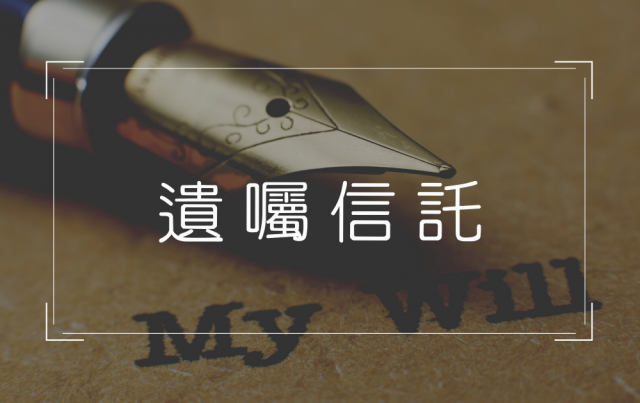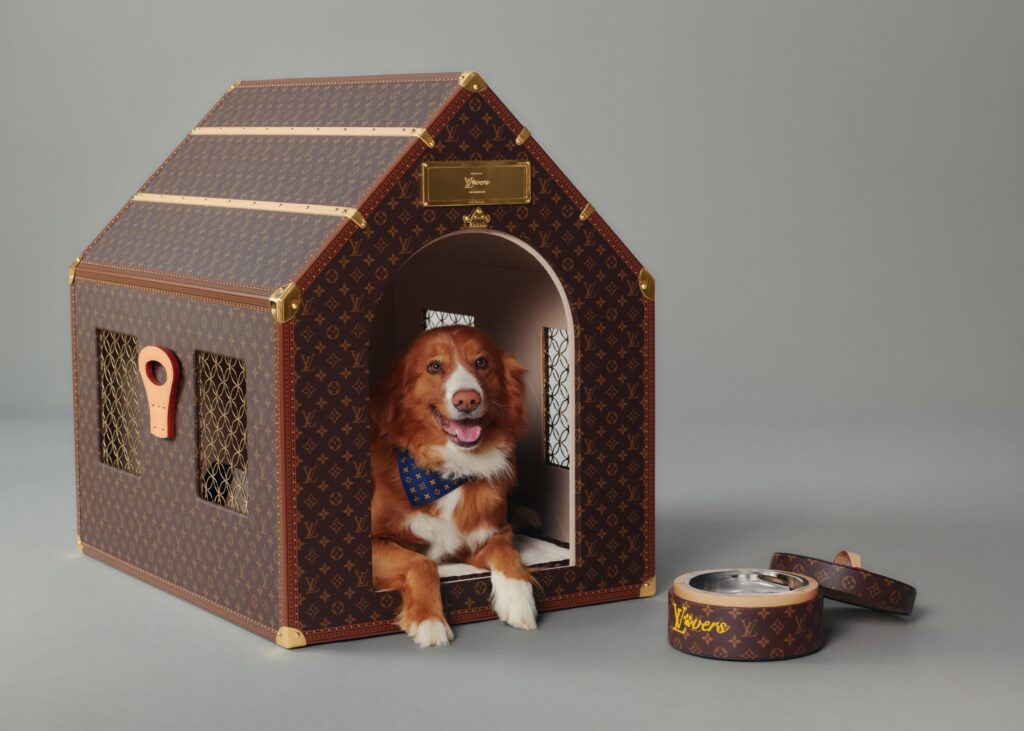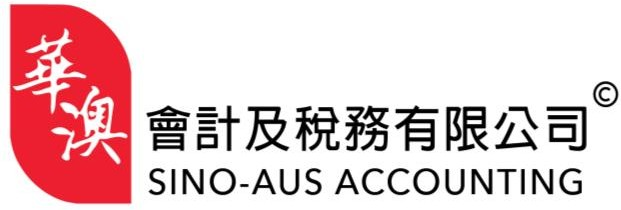
Reserved Purpose Trust – Testamentary Trust
"Will trust" means that the settlor, in the form of a will, specifies that his or her estate will be placed in trust after his or her death, and asks the trustee to give the benefits of the trust property to the beneficiaries according to the settlor's planning.
It can avoid the formalities of court certification, expensive expenses, and the inconvenience of long-term freezing of the estate, and can distribute the estate quickly. It is confidential, and the estate information will not become a public record like a will. It can have the greatest degree of control and allocation capabilities. When the settlor loses the legal biological and will judgment ability, there is no need for the certification court to appoint an asset manager. It is flexible. The settlor can increase assets at any time as needed, and set up a "durable power of attorney" to designate someone to handle affairs on his or her behalf when he or she is unable to manage affairs. It is very difficult to refute and dispute, which can promote family stability and harmony.
Target Trust – Children’s Education Trust
"Children's Education Trust" is a trust agreement signed by the settlor (usually parents) and the trustee (trustee), stipulating that the trust funds will be delivered to the trustee, and the trustee will select appropriate and stable financial products as investment portfolios according to the instructions of the settlor. During the agreed trust period, the beneficiary designated by the settlor will receive the principal or interest. At the end of the trust period, the trustee will deliver the remaining trust property to the beneficiary.
You can freely plan the timing and amount of gifting property to your children, and make good use of the annual gift amount of each donor. The inheritance of wealth trust property is independent and the rights and interests of customers are protected. Professional institutions manage trust property and provide regular reports to prevent children from squandering property, so as to achieve the goal of wealth accumulation and sustainable management. The trustor can take care of the designated beneficiaries across time and space as the client wishes. A trust supervisor can be agreed upon to prevent the contract from being arbitrarily changed.


Standby Trust – Insurance Trust
"Insurance Trust" is a trust agreement signed by the principal (i.e. the insurance beneficiary) and the trustee (trustee), stipulating that when an insurance accident occurs, the insurance company will deliver the trust property (compensation money) to the trustee, and the trustee will manage and use the trust property in accordance with the trust agreement, and distribute the trust property to the insurance beneficiary in accordance with the agreed method, so that the beneficiary's life can truly enjoy the care of the insurance money, ensuring that the trust truly plays the role of care and protection.
Insurance funds can be used to plan for users in advance to prevent the trust property from being maliciously occupied. Trust property can be flexibly designed according to the needs of the trustee. It can be tailored to the trustee's situation and adjusted dynamically during the trust period.
Target Trust - Single Parent Orphan Trust
"Single-parent orphan trust" is a trust agreement signed between the principal (usually the parents of a single-parent family or their children, orphans, relatives of orphans, government or private institutions, etc.) and the trustee (trustee), agreeing to deliver the trust funds to the trustee, who will select appropriate and stable financial products as investment portfolios according to the principal's instructions. During the agreed trust period, the principal
The designated beneficiary receives the principal or interest, and at the end of the trust period, the trustee delivers the remaining trust property to the beneficiary.
Project planning asset allocation and care planning. Trust property is independent and customer rights are protected. Professional institutions manage trust property and provide regular reports to prevent property from being improperly occupied by relatives, friends or divorced spouses. We fulfill the client's wishes across time and space to take care of the designated beneficiaries.


Target Trust - Retirement Trust
"Retirement Trust" is a trust agreement signed between the principal and the trustee (trustee), stipulating that the trust funds will be delivered to the trustee, and the trustee will select appropriate and stable financial products as investment portfolios according to the principal's instructions. During the agreed trust period, the principal or the beneficiary designated by the principal will receive the principal or interest to ensure a worry-free life after retirement. At the end of the trust period, the trustee will deliver the remaining trust property to the beneficiary in accordance with the trust agreement.
Project planning asset allocation, accumulation of retirement funds. Trust property is independent, and the rights and interests of customers are protected. The trustor fulfills the trustee's wishes across time and space to take care of the designated beneficiaries. Professional institutions manage trust property and provide regular reports. Prevent property from being improperly occupied by children, relatives or friends.
Target Trust — Mental Disability Trust
A "mental disability trust" is a trust agreement signed between the settlor (who can be the beneficiary himself, his parents, the government or a private institution) and the trustee (trustee), stipulating that the trust funds will be delivered to the trustee, who will select appropriate and stable financial products as an investment portfolio in accordance with the instructions of the settlor. During the agreed trust period, the beneficiary designated by the settlor will receive the principal or interest. At the end of the trust period, the trustee will deliver the remaining trust property to the beneficiary.
Project planning asset allocation, implementation of care plan. Trust property is independent, customer rights are protected. The trustee provides regular reports, and the principal and beneficiary can regularly understand the use of trust property. Continue the wish to care for children with physical and mental disabilities, and use the wealth for a specific purpose. You can combine insurance to deliver your insurance funds to the trust in advance, plan and ensure the use of the insurance funds, and fully take care of the beneficiaries (children with physical and mental disabilities).


Target Trust – Pet Care Trust
"Pet Care Trust" is a trust agreement signed by the settlor and the trustee (trustee), stipulating that the trust funds will be delivered to the trustee, and the trustee will help the settlor manage his estate according to the settlor's instructions and use the estate as funds for caring for the pets. When the trust expires, the trustee will deliver the remaining trust property to the beneficiary in accordance with the trust agreement.
Project planning asset allocation, implementation of care plan. Trust property is independent, customer rights are protected. The trustee regularly supervises the new pet owner. Continue the willingness to care for the pet, the wealth is dedicated, and you can combine insurance to deliver your insurance money to the trust in advance. Plan and ensure the use of insurance money to take care of the pet's life.
Real estate trust
Planning a personal real estate trust can avoid the risk of misappropriation of the real estate by others, mortgage loans, etc. when the real estate owner is a minor, elderly or weak. A personal real estate trust can stipulate that the income of the real estate can only be distributed under specific conditions, or the trust company will return the real estate to the beneficiary after reaching a specified age.
It can achieve asset protection and prevent the real estate from being improperly mortgaged or sold by the recipient or a third party. Through gift planning, the real estate can be transferred to the second or third generation to achieve the purpose of intergenerational asset transfer. Trust property is independent and secure.


Pre-IPO Trust Planning
Pre-IPO trust structures are established as trusts in the pre-IPO period, which can provide effective wealth protection mainly for the founders to establish a discretionary trust. After the founder (as the person who gives birth to the property) and the trustee fill out the trust deed, they can complete the transfer of the expected listed company shares held by them to the trust asset holding company ("holding company") before the company goes public, which is an effective trust structure. The trustee directly holds the shares through the holding company. This process requires the submission of Form A1 to the Stock Exchange (since the shares are generally held in a discretionary trust, the public only knows the identity of the trustee, but the identity of the beneficiary will not be disclosed. The beneficiary is the largest shareholder and / or director / The top political member is based on securities and futures
Except for the disclosure of interests in the Ordinance. The distribution plan of the trust is arranged according to the wishes of the settlor. The settlor will give a letter of intention to express the settlor's wishes on the management of the trust, especially the distribution of assets. The trustee will refer to the contents of the letter of intention when exercising his discretion to perform trust duties. The letter of intention is not legally binding. The settlor can change his wishes at any time while he is alive.
Charitable Trusts
The trustee has been committed to promoting charitable causes, assisting clients in setting up charitable trusts, and cooperating with clients to "take from the society and use it for the society". The establishment of a charitable trust involves certain legal procedures and relevant conditions, including applying for tax exemptions under Section 88 of the Inland Revenue Ordinance (Chapter 112 of the Laws of Hong Kong). Our service provides a complete range of charitable trust services from planning, establishment, operation to supervision, and we will work with you to promote charitable causes and benefit the society.
Properly utilize assets, give back to society, and help those in need. Let children and grandchildren participate in charity and establish the concept of helping others. Through sharing good deeds, we can build family harmony. Make long-term contributions to social development and enhance the reputation of the family and company.


Private Trust Company
In recent years, Private Trust Company (PTC) has gradually become a popular wealth management tool for clients (trustees). The main reason is that trustees can use corporate management models to more effectively participate in the management of trust assets. PTC is organized in the same way as a general private limited company and needs to be registered in accordance with the company's articles of association. The company is run by a board of directors that focuses on controlling the trusts under its jurisdiction. The board members are all selected by the trustee. The concept is to allow the trustee to manage the trust assets together with his family members according to his own wishes, and to increase privacy.
The structure of PTC can be composed of multiple trusts. The trust under the jurisdiction can hold assets of different natures for different beneficiaries to enjoy: such as family business trusts, children's education trusts, etc. Under the PTC structure, trusts with similar assets under the jurisdiction can be injected for management. PTC can also play the advantages of traditional trusts: tax planning, protection of family wealth, property inheritance, simplified asset management operations, etc.
The board of directors of a private trust company is relatively flexible and personalized. It has family control, high privacy and is free from debt. Family members serve as directors and can participate in decision-making and jointly manage the family trust.
Trust transfer only requires a change in the board of directors or the trustee (no need to transfer trust rights). Immediate and long-term tax benefits. Relatively low capital required for establishment. No issues of trustee succession involved.
